
Ideas Fuel Innovation: Why Your First Ideas Aren’t Always the Best
Think Fast, Talk Smart Podcast
Recommendation
Are your assumptions about what makes an idea good idea holding you back from innovation? Jeremy Utley, director of executive education at the Stanford d.school, sees all ideas, even the silly ones, as an important part of the creative process. He joins host Matt Abrahams of the Think Fast, Talk Smart podcast to discuss the mental reflex that keeps us fixated on getting it “right” instead of getting creative. This podcast will appeal to anyone who wants to expand their potential, or their organization’s potential, to tap into more creative thinking and come up with innovative ideas.
Summary
About the Podcast
Jeremy Utley is the director of executive education at the Stanford d.school and co-author of Idea Flow: The Only Business Metric That Matters. Matt Abrahams is a lecturer of Strategic Communication at Stanford Graduate School of Business and host of the Think Fast, Talk Smart podcast.









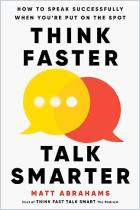
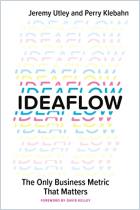
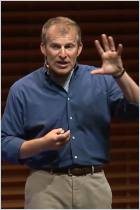


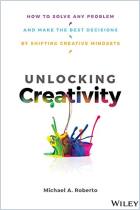
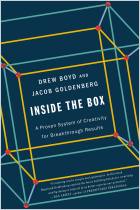
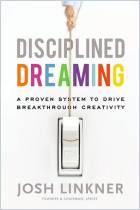
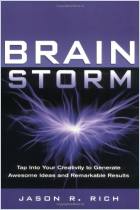

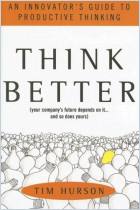



Comment on this summary